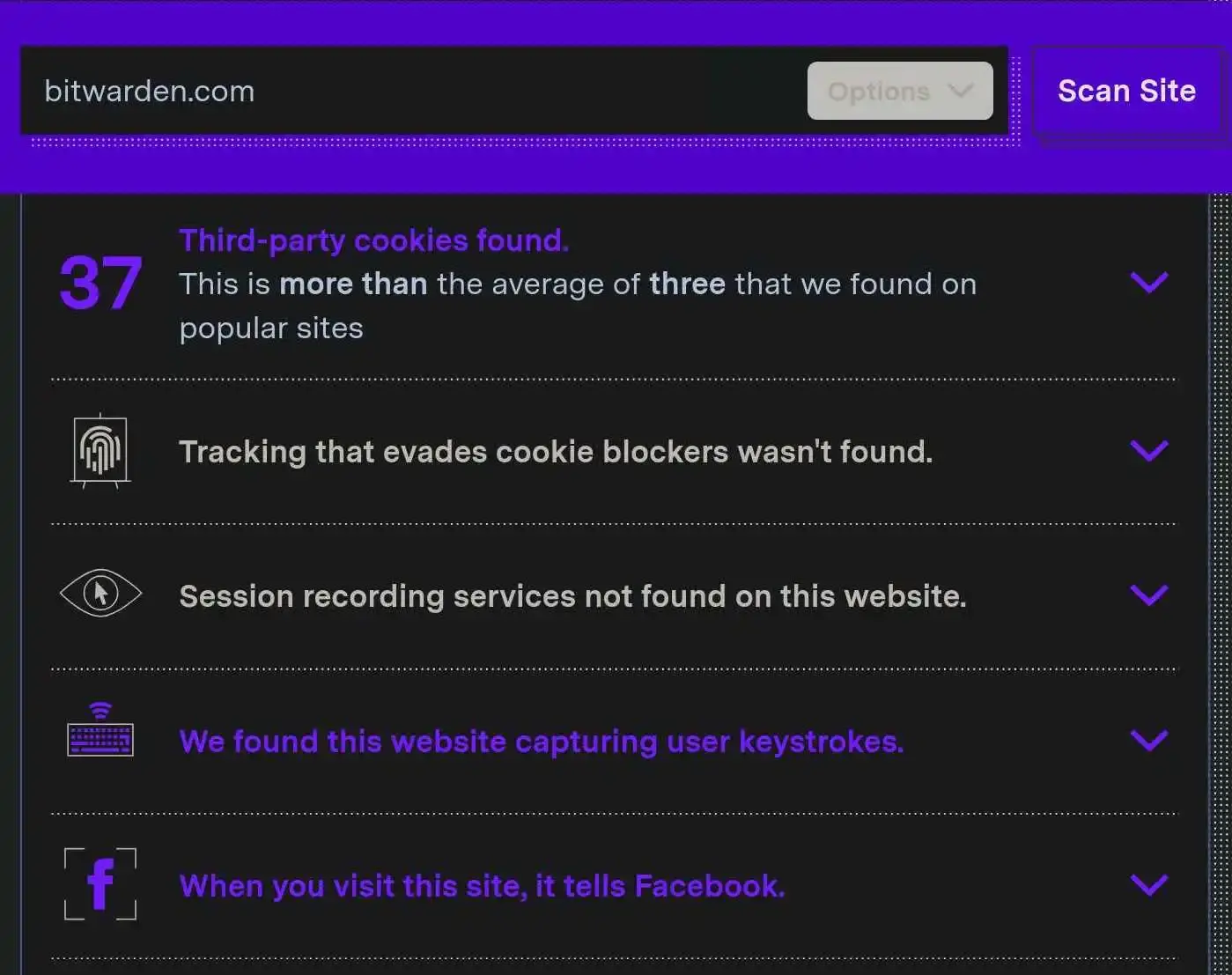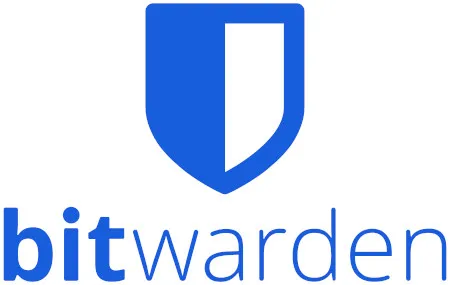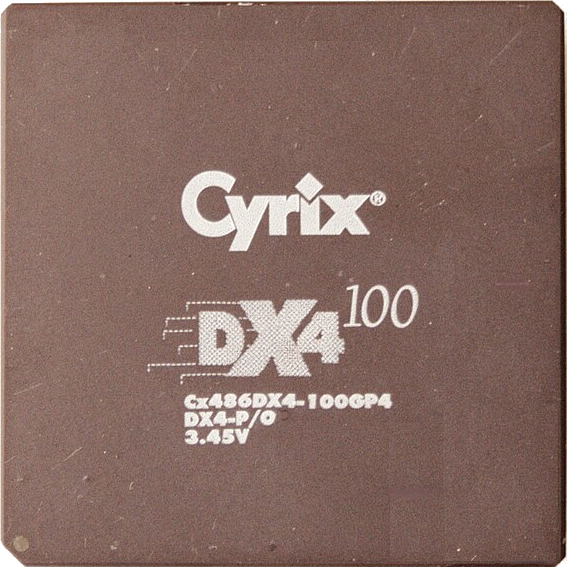Cool.
I just started using Bitwarden almost a year now. I don’t know how I lived without it before? It’s nice to know I wont have to switch to something else.
I’ve been using it for years, I’m so glad I don’t have to switch
I’m nerdy enough to use bitwarden but not nerdy enough to truly understand this.
Can someone explain it like I’m 5?
Sure. The majority of the BitWarden client is licensed under the GPL, which categorizes it as “free software”. However, one of the dependencies titled “BitWarden-SDK” was licensed under a different proprietary license which didn’t allow re-distribution of the SDK. For the most part, this was never a problem as FOSS package maintainers didn’t include the dependency (as it was optional) and were able to compile the various clients and keep the freedoms granted by the GPL license. However, a recent change made BitWarden-SDK a required dependency, which violated freedom 0 (the freedom to distribute the code as you please). BitWarden CTO came out and said this was an error and fixed this, making BitWarden SDK an optional dependency once again which now makes BitWarden free software again. For the average joe, this wouldn’t have mattered as BitWarden SDK contains features that are usually favored by businesses and the average Joe can live without. So everything now returns back to normal, hopefully.
Now could you explain it like I’m 4?
Free software had a non-free extra bit that it technically didn’t need. Accidentally got changed to need the non-free part in order to run which caused news stories. Now the change has been reverted so it’s free again.
Now could you explain it like I’m 3?
Free cookie recipe not really free because oopsie! Man fixed it now. Cookie recipe is free again! Yay!
Now could you explain it like I’m 104?
Removed by mod
Now could you explain it like I’m 2?
NO, LouNeko! No touchy non-FOSS.
You don’t know any 5yo software engineers?
This seems like classic corporate backtracking when their customers spot a terrible, deliberate decision.
That being said, I am happy about it. I got my company to use it and finally got my girlfriend to use it and just recommended it to her brother. Would hate to have to try to find something else
I don’t think so, to be honest. The bitwarden-sdk had been there for a VERY long time and you could always compile without it. Not being able to build a FOSS client wouldn’t hurt bitwarden’s bottom line too much. Most people use whatever is provided in the app stores (which is compiled with the source available sdk).
This seems like classic corporate backtracking when their customers spot a terrible, deliberate decision.
I didn’t think that’s the case here
However, would you rather that the feedback of users NOT change behavior? I’m not entirely sure what your end game is here, you WANT corporations to ignore and not take action on feedback?
Why do they have to “WANT” that? Ignoring the fact that they literally said they were happy it was changed back, why does that matter to the criticism? If it’s true, it’s true, and the fact that corporations are the ones in a position to habitually make terrible decisions about FOSS is a big problem. It’s valid to point out that it would be good to find a better way.
If anything it sounds like you “WANT” to ignore it.
I was really sceptical of the CTOs first response, but this does actually seem to be genuinely good news.
Initially Bitwarden was one of the most impressive FOSS password managers, but their increasing willingness to trade user privacy for services and promotion by our favorite surveillance capitalist’s is the real issue imho. Believing Privacy and Security are inextricably linked, I cannot recommend, nor use them at this time.
A quick scan on Blacklight (TheMarkup’s Privacy Tool) is an eye opener.

This is an interesting tool that I’m going to back pocket, so thanks for that. That being said, any trackers and such on Bitwarden.com root page isn’t really indicative of the real product, though I’ll say it reflects poorly. That page basically is a sales pitch put together by probably a completely separate marketing team.
Blacklight is basically a front-end for DuckDuckGo’s open source tracker radar tool. https://github.com/duckduckgo/tracker-radar
In a world increasing dominated by surveillance capitalists and dystopian tech, conscientious consumerism is one of the most effective tools we still have to effect change. Google chooses to sell tech to a Far-Right government’s engaged in ethnic cleansing, Bitwarden chooses Google as a business partner for analytics, marketing, cloud services, etc… I choose to not use Bitwarden.
Another resource to assist in choosing which services to use is the open project PrivacySpy. Bitwarden doesn’t score very well by their metrics either.
If that wasn’t on purpose than that was a big fuckup. I was sometimes thinking about testing Bitwarden but with this volatile license situation I’m not interested anymore.
That’s a poor understanding of the situation. Nothing in the licensing changed. The SDK has always been the proprietary business to business secrets management product. The client integrates with and can use that SDK to provide the paid service to businesses. The client and the server side management of password has always been and still is FOSS.
This was apparently an accidental change in the build code (not the client code, just the building scripts) that required the inclusion of the SDK to build the client when actually it has never and doesn’t really need any of that code. It prevented building the client without accepting the SDK license. Which it shouldn’t.
This was fixed and some things will be put in place so it doesn’t happen again. Nothing in the licensing scheme changed, at all. This is not a catastrophic enshittification event. A Dev was just being lazy and forgot to check the dependencies on the build chain before their commit.
Thank you for bringing some sanity. I get that people experience capitalist enshittification on a regular basis, but sometimes people make honest mistakes.
Bullshit. Developers never make mistakes. N.E.V.R.
Okay, I actually laughed at that one! I guess us QA folks can just pack up and go home 😆
If it looks like a developer made a mistake, it was actually the product owner. Or the user. Or cosmic rays. But never the developer.
And, amazingly, someone still downvoted you.
Idiots downvoting amazes you? Then there’s a whole world of amazement awaiting you!
Thanks for the summary, it adds great clarity to seeing how it could happen
Nothing in the licensing scheme changed, at all.
This statement is incorrect. The SDK had specific source files placed exclusively under the SDK license, and the remainder of the repository dual licensed between GPL 3 and the SDK license. So the licensing scheme did change.
See also: https://github.com/bitwarden/sdk-internal/blob/main/LICENSE
You can do what you like, but the change is sane, and they’ve now separated their Secrets Manager, which is their proprietary software for businesses, from their primary client, which is GPL.
IMO, the internet is doing that thing again where they invent villains.
If they tried once, there
willmay be a second, but more subtle.That’s called “paranoia.” You’re inventing conspiracy theories.
tbh I don’t think any of the 2 sides here could know that their opinion is the truth. we can’t say that it’s intentional, but can’t either that it’s just a honest mistake, so far everyone saying that just sounds to apply wishful thinking. let’s see what happens in a few years, and then we may be able to judge future incidents better.
I wish it’s just pananoia though I think that statement only in the skeptical realm, and I wish nothing substantial changed. I’m hosting vaultwarden currently for my family. To them the app on their phone is paramount. However, it is proven some will go that route, like Android. After all, a for -profit company goal is to make money.
There is a risk and a probability one need to evaluate. Nothing wrong to plan for an exit, but abandoning the software right now is simply overreaction.
As long as I can use it with a self-hosted server with features they expect, I’m don’t think I will move away from it.
This is a much more level take than your first comment.
It is not always I want to write this long to explain what in my thoughts. The conclusion remains the same as my first comment.
I always maintain a healthy dose of skepticism on anything. Not that they would do it again and it is highly probable that’s only a mistake but no one can tell except Bitwarden themselves. However, all the outsiders like us can only take their statement at face value and some skepticism will keeps eyes sharp.
They didn’t try anything. Stop inventing. Go read an actual article on the subject instead of feeding the scarebait frenzy.
What makes you think this was intentional?
If this were done by MS or Apple, who lack any shred of respect left, sure. If it were a material change on how the code works, certainly it would be most concerning. But what happened was blown entirely out of proportion for who Bitwarden has been and how they’ve acted in the past. They are still ethically very solid. And it was an immaterial change in the build tools, that could very well have been neglectful or accidental.
You are correct, but the way people reacted is certainly conditioning from the rug-pulling enshittification going on daily in the tech world. (What are we all using instead of redis, again?)
“I only read the headline and the comments from the threads a week ago, I am truly disappointed in Bitwarden’s stance against FOSS as I’ve misunderstood it.”
vaultwarden
Something tells me you’re the kind of person who sees a car turn the same direction as you twice and starts freaking out that you’re being followed…
First Winamp and now Bitwarden. The open source ecosystem is truly dead /s.
You didn’t read it then.
Wow, /s has really lost its meaning on the internet 😂
except that the case of winamp and bitwarden couldn’t be more different.
If you think the meaning is “funny joke, upvotes to the left”, no, it never meant that.
If you thnk they accidentally made a proprietary module, I have a bridge to sell you
If you don’t understand how easily this happens, you don’t understand how licenses work or the interplay involved in licensing packages, frameworks, and miscellaneous dependencies.
I’ve been programming for 20 years and have never seen this happen without a project manager wanting it to happen, I have however seen people lie about unpopular changes and call them bugs a whole bunch
Corporate lies to hide unpopular changes is basically the soup of the day. Every day. For as long as I can remember. I’m an old elephant.
Why would anyone trust any company with their passwords??
Just use keepass and not bother with BS
Because most people need a cloud solution for synchronization across devices. Unless you’re spinning up your own service like Nextcloud or similar for this, relying on a commercial cloud storage service for storing the file is just as dangerous (perhaps more so, as your attack surface is now across two third party services) as relying on someone like Bitwarden or Lastpass.
There’s a big difference. You trust entities like bitwarden/lastpass/etc to properly encrypt the data, protect your master key, and trust their entire architecture behind the scenes.
When you encrypt the keepass DB that’s all done by you locally with a open source client. No one knows your master key, and you get a simple encrypted file. You can hand that file to hackers if you want, will be useless without the key.
I put one of the copies of my keepass on onedrive, and syncs perfectly across all devices.
Companies can enshiffity at a moments notice.
Lol, imagine ridiculing users for trusting an FOSS company to handle their password management, and then storing your encrypted password DB in Microsoft’s OneDrive 😆
encrypted is the key word
I knew a comment like this was coming, but unless you can show how microsoft can decrypt my kdbx I stand fully by my current setup.
I don’t think Microsoft can decrypt your DB file, neither do I think Bitwarden can. Encryption happens locally on their open source clients too.
But I’m not the one disparaging trusting an open source program to securely encrypt passwords, you are.
Could you please show how bitwarden can decrypt a vault that’s locally encrypted by a foss client?
“Imagine trusting any company with your passwords”
They created the client. In theory, they can have some backdoors. And since you store your files on their side, risk is greater, imo
This is where your lack of understanding of the open source thing is readily apparent to everyone arguing with you. If it was backdoored, many people would be calling that out. In fact, this was one of the exact reasons at the heart of the original concerns leading to this story.
The fact that the source is available means that we can see exactly how the data is encrypted, allowing assurances to be made independently.
If nothing else, I trust Bitwarden MORE because of that and I’m happy to pay them for their services since it helps find further development.
I do not trust bitwarden to encrypt my data anymore than anyone trusts keypass to encrypt my data.
They’re both open source and they both do the encryption locally; you’re plainly mistaken.
And you are aware that bitwarden knows nothing about the passwords inside the vault and the vault is encrypted in zero knowledge type of fashion?
AND that Bitwarden does external audits?
AND if you loose your master password you are out of luck as they can’t support you helping crack the decryption?Except for the part that it’s not a question of trust (being open source), there’s no third-party architecture to trust (it can and should be self-hosted), the data on the server are also encrypted client-side before leaving your device, sure.
Oh, and you also get proper sync, no risk of desync if two devices gets a change while offline without having to go check your in-house sync solution, easy share between user (still with no trust needed in the server), all working perfectly with good user UI integration for almost every systems.
Yeah, I wonder why people bother using that, instead of deploying clunky, single-user solution.
Bitwarden can be fully self hosted, I’m doing it. My Bitwarden server doesn’t (and can’t) talk to them at all as it has no way to access the internet. They know nothing about my deployment except that I signed up for a free license key.
Are you a software developer ? Because you are way out of touch with what users want.
I get why you’d suggest the previous commenter is out of touch with what users want, but what does that have to do with being a software engineer?
A joke about shitty developers.
Well, who did you trust to build your hardware?
I used to use Keepass and sync thing and would consistently run into conflicts between my desktop and mobile entries. Maybe there’s a better way to do it that I’m missing, but that was very annoying
I use this setup for my personal passwords, using nextcloud as the sync solution. A semi-fix for that was using Keepass2Android (on Android obviously). It integrates with nextcloud directly, keep a local DB of passwords, and would only load the remote one (and merge) on unlock and updates, not keeping it “constantly” sync on every remote change. It works well… most of the time… with only two devices that almost always have connection to the server… and for only one user.
It’s overly clunky though. It’s the big advantage of “service based” password manager against “single file based” ones. They handle sync. We have plans to move to bitwarden at my workplace, and since the client supports multiple accounts on multiple servers, I’ll probably move to that for personal stuff too. The convenience is just there, without downside.
cuz being able to log in is handy sometimes


























